27.02.2017, Johanna Järvinen-Taubert
It all begins in the early childhood…
The interest towards Finnish early childhood education has increased significantly during the last year. Why is that? For one thing, foreign education experts have realized that the early childhood education is an integral part of the success story of Finnish education. For the other, there is a lot of interesting development going on in the Finnish early childhood education and care (ECEC) right now. The new National Core Curriculum for ECEC has been released in Finland for the first time in history. The new curriculum will be implemented from next autumn onwards.
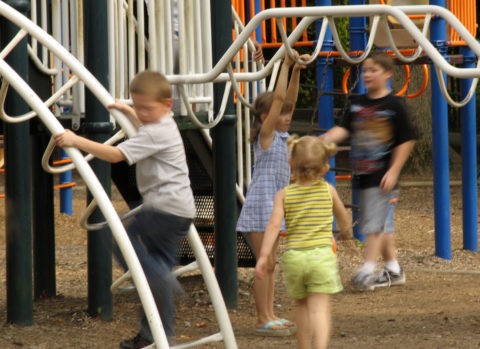 First it was the excellent PISA results in Finnish basic education that drew the international attention. Foreign education experts wanted to know, what do the Finns do in their basic education in order to achieve such an excellent learning outcomes. It took a while for the experts to realize that the students with such a good learning abilities don’t come to the first grade in Finnish basic education out of nowhere. Foreign experts started to ask, what is it Finnish children do before they go to school at the age of seven. How is it possible, that Finnish children, even though they start school relatively late, still learn so quickly and achieve a high standard of reading, writing and maths skills? The obvious question was: is there something special in the Finnish early childhood education and care that produce such ready-to-learn-pupils for school?
First it was the excellent PISA results in Finnish basic education that drew the international attention. Foreign education experts wanted to know, what do the Finns do in their basic education in order to achieve such an excellent learning outcomes. It took a while for the experts to realize that the students with such a good learning abilities don’t come to the first grade in Finnish basic education out of nowhere. Foreign experts started to ask, what is it Finnish children do before they go to school at the age of seven. How is it possible, that Finnish children, even though they start school relatively late, still learn so quickly and achieve a high standard of reading, writing and maths skills? The obvious question was: is there something special in the Finnish early childhood education and care that produce such ready-to-learn-pupils for school?
Finnish education path is in a way an integral entity: same principles go throughout the whole journey from early childhood education to basic education and to higher education and even to adult education, too. The focus is on learner-centered learning on understanding rather than memorizing, on taking individual abilities and challenges into consideration and learning for real-life, not just for exams. In every step of the education path, the learner is seen as a holistic human being, whose well-being and development as a whole person is essential.
 Internationally speaking, Finnish early childhood education is “something else”, indeed. Finland has for a long time had a strong emphasis on “stress-free childhood”: the early childhood education has been informal, full of play and child distinctive activities and not school-like at all. Even though Finland is now going to get the first National Core Curriculum for ECEC as well, this is not going to change. What is going to change is the reasoning behind the ECEC. From now on, a child is seen even more than before as an active agent who has the right to learn things according his or her own potential. The nature of activities is not going to alter dramatically in ECEC: it’s still going to be a lot of free play and no academic lessons at all. But the early childhood educators are listening to children’s aspirations, ideas, wishes and questions even more closely and offering children possibilities to learn according to their own interests and abilities.
Internationally speaking, Finnish early childhood education is “something else”, indeed. Finland has for a long time had a strong emphasis on “stress-free childhood”: the early childhood education has been informal, full of play and child distinctive activities and not school-like at all. Even though Finland is now going to get the first National Core Curriculum for ECEC as well, this is not going to change. What is going to change is the reasoning behind the ECEC. From now on, a child is seen even more than before as an active agent who has the right to learn things according his or her own potential. The nature of activities is not going to alter dramatically in ECEC: it’s still going to be a lot of free play and no academic lessons at all. But the early childhood educators are listening to children’s aspirations, ideas, wishes and questions even more closely and offering children possibilities to learn according to their own interests and abilities.
In many countries, where children start the school at the age of three or four, this sounds unbelievable. Isn’t Finland wasting valuable time by postponing the beginning of formal schooling and letting children “just play”? According to scientific studies the situation is quite the opposite: the children learn an enormous amount of things “just through play”. And there is no benefit in trying to push too academic subjects too early, when children – and their brains – are not ready for that yet. Giving children time to develop at their own pace creates a better basis for the learning in the future.
Foreign visitors find so many things in the Finnish early childhood education intriguing: for instance the learning environments designed from the child’s point of view, the relaxed and flexible organization of the day, the fundamentality of physical activities, the creativity and diversity in everyday activities, the subtle yet determined guiding by teachers, children learning by doing, making observations and reflecting, the versatile learning materials and the overall warm and supportive atmosphere in the Finnish early childhood education. One great possibility to see it yourself.
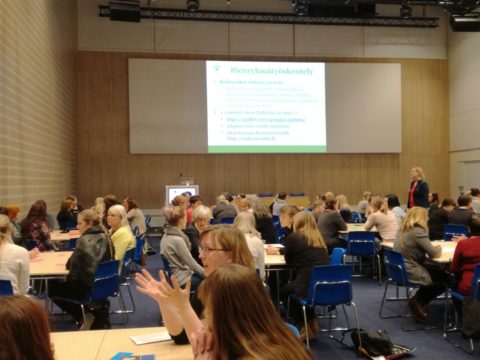
Group task results were displayed and shared on screen with Padlet
For the last year, we have educated a lot of Finnish ECEC experts, mainly early childhood education teachers and kindergarten headmasters, on the new national core curriculum in ECEC. The Finnish ECEC professionals are enthusiastic and proud to develop their work as a part of life-long education path. They know their work is irreplaceable and it’s always for the best of the children.
Last week we had a great work assignment: there were over 1000 early childhood educators, day care workers, kindergarten teachers and headmasters, in 15 different workshops in a so-called “Vasu-päivä” in Tampere Hall (#vasupaiva) . Our task was to facilitate the workshops, where the ECEC experts discussed, how the principles of the National Core Curriculum for ECEC could be implemented in practice from next autumn onwards. The participants came up with hundreds of great, yet very practical ideas on how to promote for instance thinking skills, multiliteracy, taking care of oneself, cultural awareness, communication and interaction skills or involvement and participation of children in ECEC. It was a privilege to work with these talented and enthusiastic experts. I’m convinced that we have inspiring ideas and practices to share with you also in the future!
Yours sincerely,
Johanna
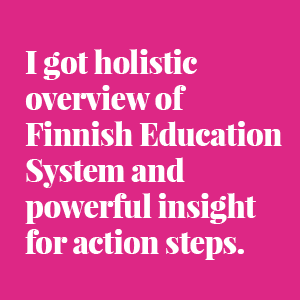
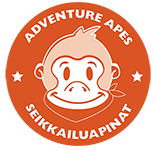
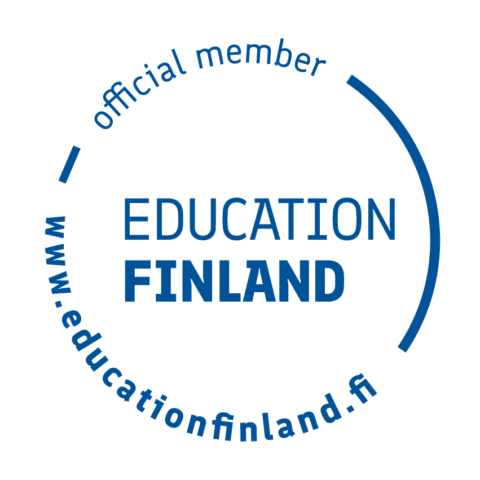
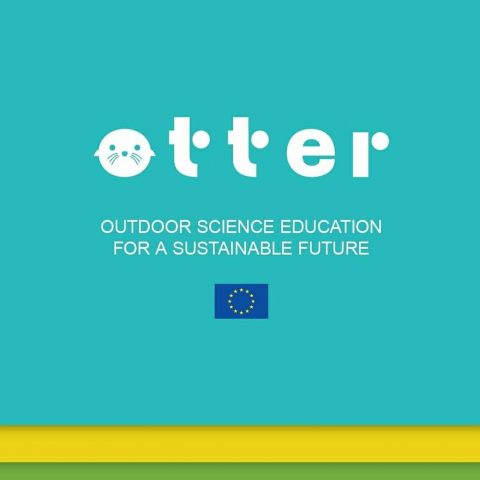

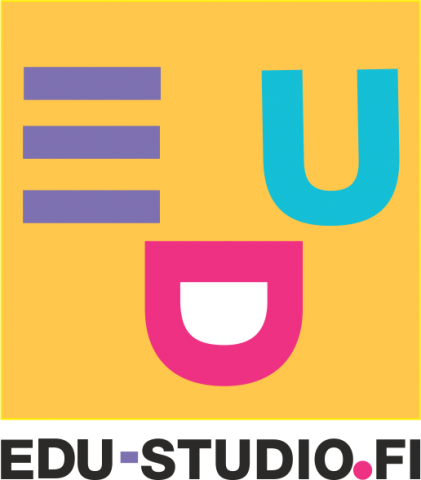
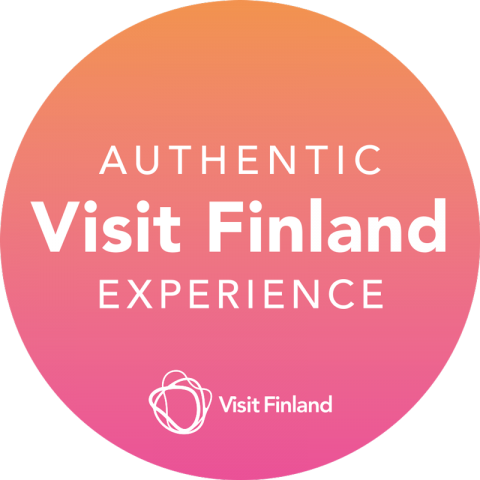
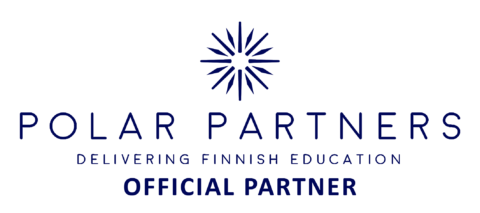
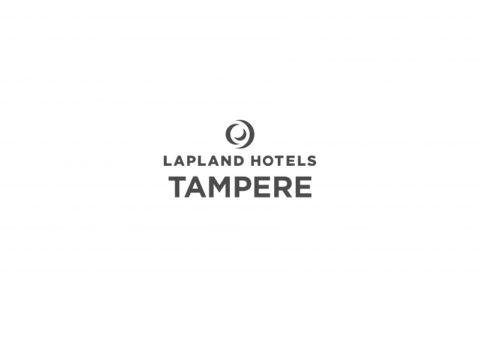
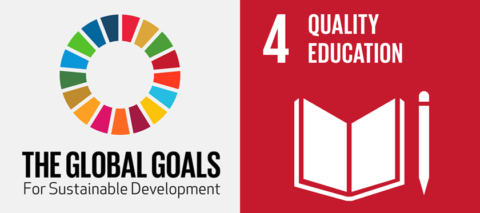

Follow us: